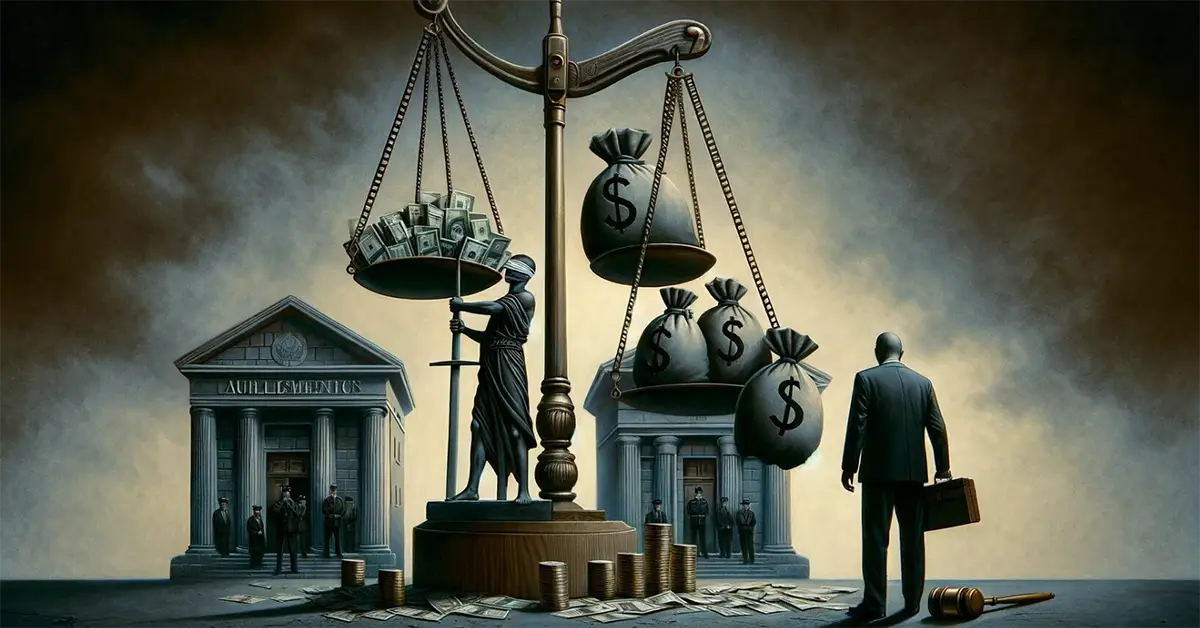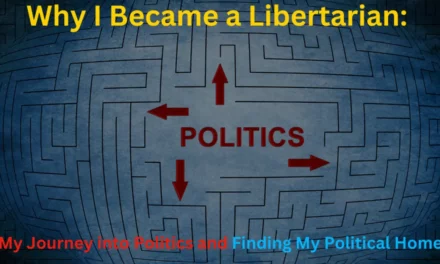In an era where individual liberties are increasingly under the microscope, one pervasive injustice often escapes public scrutiny: asset forfeiture. The practice of seizing property without due process is not only an affront to our fundamental rights but also a glaring example of government overreach. It’s high time we address this issue head-on, advocating for significant reforms consistent with American values.
Imagine this scenario: your property is confiscated by law enforcement, not because you’ve been convicted of a crime, but merely because it’s suspected of being involved in one. This isn’t a dystopian fiction but a reality for many Americans under current asset forfeiture laws. Such practices starkly contradict the principles of what our founding fathers envisioned. I contend our founding fathers held property rights as sacrosanct and viewed the presumption of innocence as a cornerstone of justice.
Asset forfeiture embodies the kind of government overreach libertarians and other constitutionalists have long warned against. When law enforcement agencies are empowered to seize assets without a conviction, it represents a dangerous expansion of state power. This unchecked authority not only violates individual rights but also creates a perverse incentive structure, transforming law enforcement agencies into profiteers from the very law they’re sworn to uphold.
The economic ramifications are profound and far-reaching. By disrupting the free market through the arbitrary removal of assets, asset forfeiture can have a cascading effect on innocent individuals and businesses. Furthermore, the practice damages the public’s trust in law enforcement, which is crucial for a healthy, functioning society. When policing becomes profit-driven, it erodes the foundational trust between the community and those tasked with its protection.
As a libertarian, I propose a clear path to reforming asset forfeiture:
1. Mandate Convictions for Seizures: Property should only be forfeited following a criminal conviction, ensuring due process is upheld.
2. Eliminate Profit Motive: Any revenue from asset forfeiture should be directed away from law enforcement agencies, removing the incentive to seize assets for financial gain.
3. Ensure Transparency and Accountability: Implementing stringent oversight and transparency in the process of seizures and the use of proceeds is vital.
4. Strengthen Property Rights: We need robust legal protections for private property, including assistance for those affected by forfeiture and stricter criteria for seizures.
The reform of asset forfeiture laws is not just a libertarian issue; it’s a matter of justice and fairness. It’s about aligning our legal system with the principles of due process, limited government, and the protection of individual rights.
The opinions shared here do not necessarily represent the official position of the Libertarian Party. These editorial articles have been submitted by libertarians across the country, and featuring these topics does not represent an endorsement of the content therein.
The opinions shared here do not necessarily represent the official position of the Libertarian Party. These editorial articles have been submitted by Libertarians across the country, and featuring these topics does not represent an endorsement of the content therein.






Well stated. Civil Asset Forfeiture is a real issue here in Arizona and we have made progress in reigning in the power of state and county governments. This form of property seizure resulting from criminal indictment is a travesty fueled by greed on the part of rogue agents of government. Fortunately we have had some legislative success here. This insidious policy needs to be attacked in each state as well as at the federal level.
I can tell you from having observed this the real culprit is the War on Drugs and the compromising of basic protections in the 4th and 5th Amendments to ‘enhance’ drug enforcement efforts. But just like the (un)Patriot Acts the War on Drugs policies got converted and perverted and turned on the American People. Time to stop.